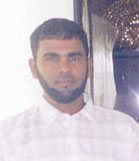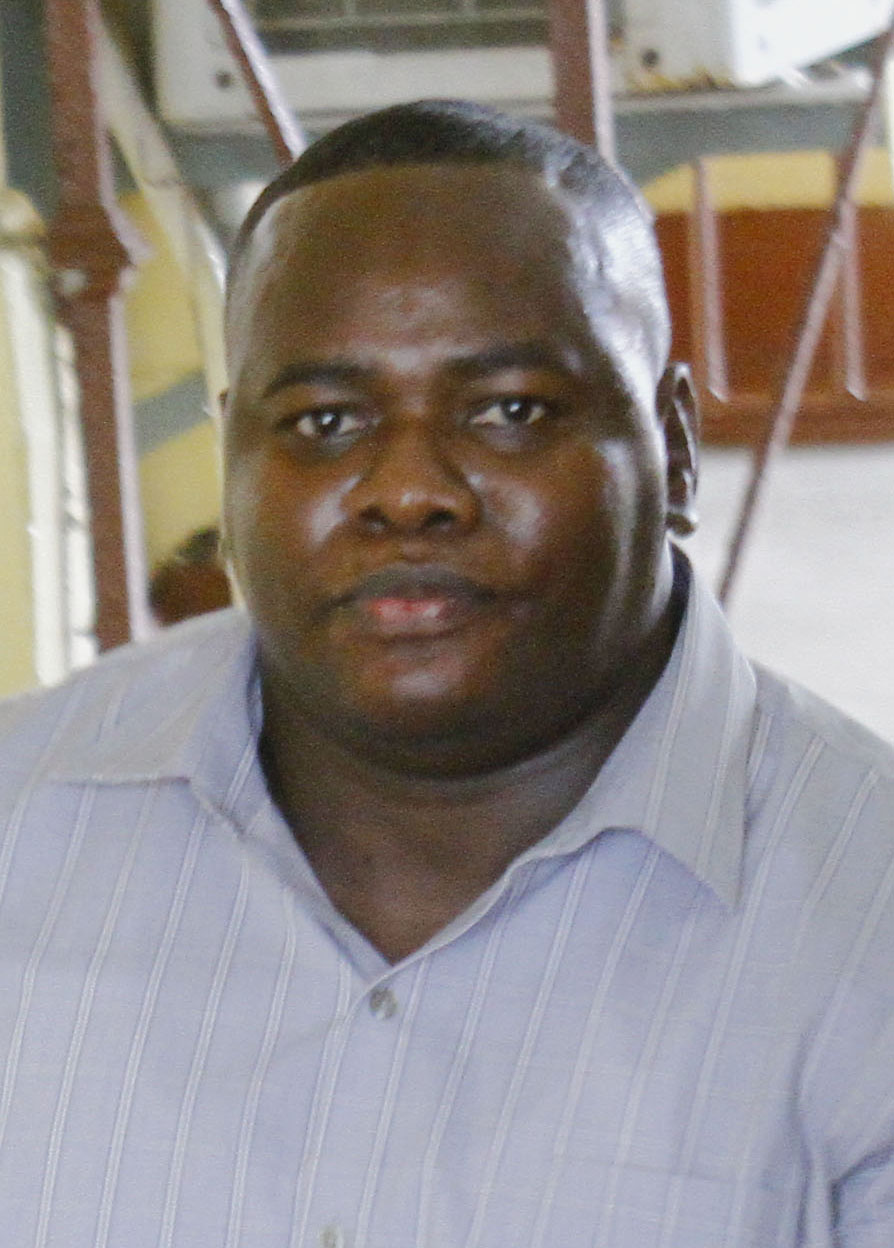After facing two trials for the 2008 murder of scrap iron dealer Akbar Alli—both of which ended in hung juries—Rondell Bacchus was yesterday sentenced to 16 years, 8 months behind bars, after pleading to the lesser offence of manslaughter.
While he denied the capital charge on which he was originally indicted, Bacchus admitted guilt on the lesser count, accepting that on July 24th, of 2008, he unlawfully shot and killed Akbar whom he had robbed of more than $2M.
Particulars of the armed robbery charge on which Bacchus was separately indicted and also pleaded guilty, stated that on the same day, being armed with a gun, he robbed Ali and his wife Bibi Hydar Alli of $2,150,000.

The offender also pleaded guilty to charges of unlicensed firearm and ammunition possession charges.
Those charges stated that on August 15th, 2008 he had an unlicensed .38 special revolver and six matching rounds without licences.
In mitigation on Bacchus’ behalf, attorney Nigel Hughes told Justice Navindra Singh before whom the matter was brought, that after facing two trials, his client has had much time for reflection.
According to Hughes, not only has the offender matured over the almost 11 years now he has been incarcerated, but that his entire perspective of life has changed, and so has he (Bacchus), as an individual.
Describing his client as a model prisoner, counsel also said that Bacchus sincerely regrets the loss of life and wished he could have so personally expressed to Alli’s widow.
Hughes said he believes that given the transformation his client has undergone while in prison, he would positively contribute to society after he is released.
Meanwhile, given a chance to speak, Bacchus in his brief address to the court began by saying how frustrated he was, while noting that he did not want to waste the court’s time. He then said that he was sorry for the life lost.
For her part, however, Prosecutor Tuanna Hardy asked the judge to impose sentences which would reflect the nature and gravity of the offences committed.
Outlining the brief facts of the case, Hardy said that on the day in question, Alli and his wife were conducting business transactions when he was shot and killed by Bacchus.
Noting that both a father and husband had been snatched from a family, the prosecutor asked the court to consider that the man’s daughter would never have her father to walk her down the aisle, nor will his son have the benefit of a father’s advice.
Before passing sentence, Justice Singh told Bacchus that he was encouraged by the good prison report he had received on him, singling out the fact that he was placed in charge of running the penitentiary’s church affairs.
The judge noted, too, that it was commendable that Bacchus, after facing two trials, had come to take full responsibility for his actions.
“You are still young, and can still meaningfully contribute to society,” Justice Singh told him, while challenging him to continue on the path of good behaviour, even after he would have been released from prison.
On the manslaughter charge, Justice Singh sentenced Bacchus to 16 years, 8 months; on the armed robbery charge, he received three years and one year each on the unlicensed possession of the gun and ammunition.
The judge ordered that the sentences run concurrently, and that deductions be made by prison authorities, for the time the offender would have spent on remand.
Bacchus’ first trial ended in a hung jury in March, 2013. Three years later, he would face the same fate.
He had been jointly-charged with former co-accused Andrew Morris. However, the charges against Morris were withdrawn by the Director of Public Prosecutions due to the lack of evidence.
On the day in question, Alli and his wife had gone to a city bank. They later went to Brickdam with the intention of transacting business with an auto dealer when they were robbed at gunpoint by two men on a motorcycle.






